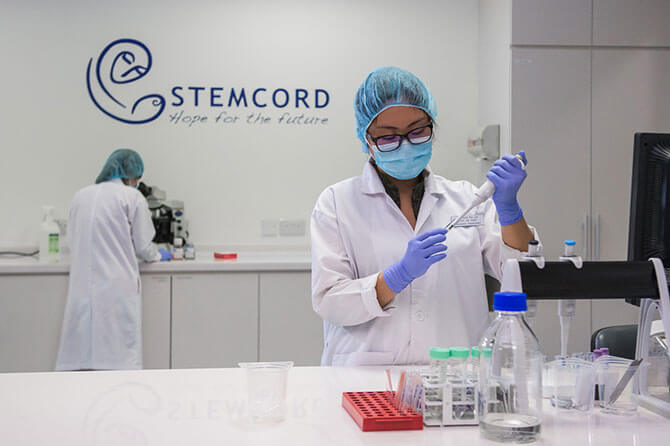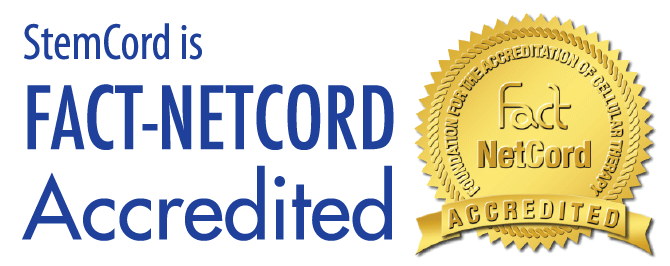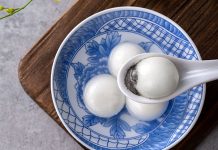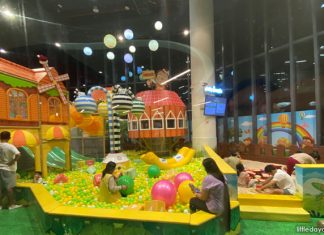
For first time parents-to-be, the once-in-a-lifetime decision on whether to store your newborn’s cord blood can seem like a daunting one. What are the benefits of cord blood banking? What is the difference between cord blood and cord stem cells? What are the latest advancement in all these stem cells development? Knowing the answers to these important questions about cord blood banking in Singapore will help you plan ahead and make the right correct decisions for the big day.
Here are some essential things that you should know about cord blood and cord stem cells banking in Singapore.
1. What is cord blood and cord stem cells banking and its benefits?
Cord blood is retrieved from the umbilical cord of a newborn immediately following birth. It is a rich source of blood stems cells, the building blocks of our blood and immune systems. Currently there are about 80 diseases1 that can be treated via cord blood stem cell transplants, including certain types of cancers, genetic diseases and blood disorders.
There are currently prospective clinical trials using cord blood stem cells to treat autism. In a recent US clinical trial from Duke University, there are positive improvements in the children’s behaviour observed among 25 children after transfusion of autologous cord blood stem cells. A similar clinical trial on autism is on-going in a Singapore’s hospital as well2,3.
Besides cord blood, the umbilical cord tissue can be stored as well. There is medical research being done into the use of Mesenchymal Stem Cells (MSCs), found abundantly in the umbilical cord tissue for the treatment of certain regenerative diseases for Parkinson’s, Alzheimer’s, Type 1 Diabetes, Liver and Stroke1.
So the storage of your baby’s cord blood and/or cord tissue – a choice which you only have at birth – has the potential to save your child or other family members from rare but life-threatening diseases later in life.
2. What should I be looking out for when selecting a cord blood bank?

While all cord blood banks in Singapore are required to be licensed and audited by Singapore’s Ministry of Health, banks like StemCord have voluntarily acquired international accreditation that ensures that their cord blood collection, processing, testing, banking, selection and release of autologous cord blood units meet the stringent standards.

3. Who can make use of cord blood and cord stem cells?

Cord blood stem cell transplants can therefore be attempted even if there is no perfect Human Leukocyte Antigens (HLA) matching. As such, cord blood stem cells can potentially be compatible with a wider group of family members. For example, siblings are twice as likely to be able to use each other’s cord blood for transplants when compared to using bone marrow.
4. How much does it cost to bank my baby’s blood?
Expect to pay from $1300 upfront to enrol with a private cord blood bank. This includes the cost of testing and processing the blood for long term storage. Subsequently, annual storage fees range between $250 to $275 per year.
If you wish to store both the cord blood and cord tissue, the initial enrolment fee for both cord blood and cord tissue banking from $2,500. The annual storage fees are similarly $250 to $275 for each service per year.
Some parents choose to store for 10 or 21 years with affordable payment plans offered by the cord blood banks for upfront payment. The Baby Bonus Scheme’s Child Development Account (CDA) can also be used to offset cord blood banking costs at Approved Institutions such as StemCord.
What are you paying for? For banks like StemCord, you are paying for skilled personnel, processes, equipment facilities and standards that go into a cord blood banking solution you can trust.
5. Great, so how do I sign up and what do I have to do?

Upon enrolment with StemCord you will receive a cord blood collection box to bring with you to the hospital on the day of delivery. You will be advised to inform your attending doctor that you have signed up to bank your baby’s cord blood with StemCord.
On the day of delivery, just hand the cord blood collection box to the nurse in charge at the hospital and a cord blood collection kit, which contains all the items required to collect your baby’s cord blood, will be issued.
Upon being notified of your delivery, StemCord staff will pick up the cord blood unit, cord tissue and maternal blood directly from the hospital within 24 hours and transport it to its labs for immediate processing and storage.
Cord Blood Banking – A One-time Opportunity
The unique opportunity to collect and store your child’s cord blood and cord stem cells only comes about once-in-a-lifetime at birth. Even though the collection procedure is straightforward, storing it with an accredited cord blood bank can have a lasting impact for your child or even other family member many years down the road.
Find out more about cord blood banking by speaking to a professional at an accredited cord blood bank such as StemCord.
StemCord
Contact: 6471 2002
Email: customerservice@stemcord.com
Website
References
1Parent’s Guide to Cord Blood Foundation, https://parentsguidecordblood.org/en/diseases. Accessed in June 2019.
2Experimental Cord Blood Therapy for Autism Studied. https://www.dukehealth.org/blog/experimental-cord-blood-therapy-autism-studied
3Stem cells offer hope for autism, https://edition.cnn.com/2017/04/05/health/autism-cord-blood-stem-cells-duke-study/. Accessed in March 2020.
This feature is brought to you by StemCord.
READ MORE: Cord Blood Banking in Singapore: Why Bank And A StemCord Review
SHOP: Need some help to prepare for your baby’s arrival? Check out these useful nursery items
This story contains affiliate links. This means we earn a small fee if you purchase something through a link from our website. There is no additional cost to you. This helps to support Little Day Out and keeps us going.


















